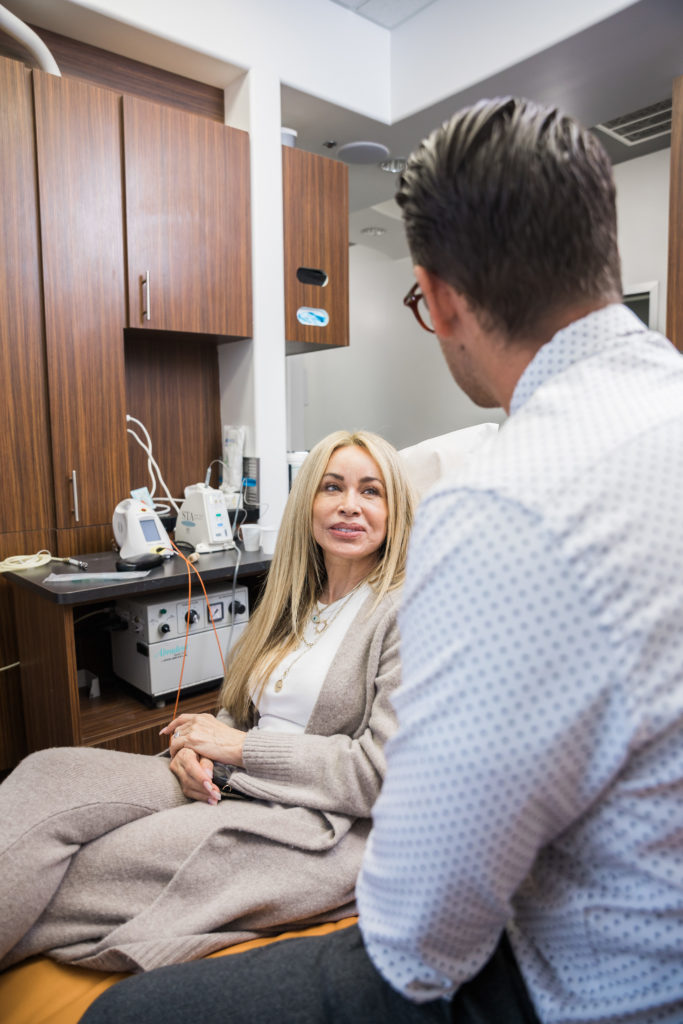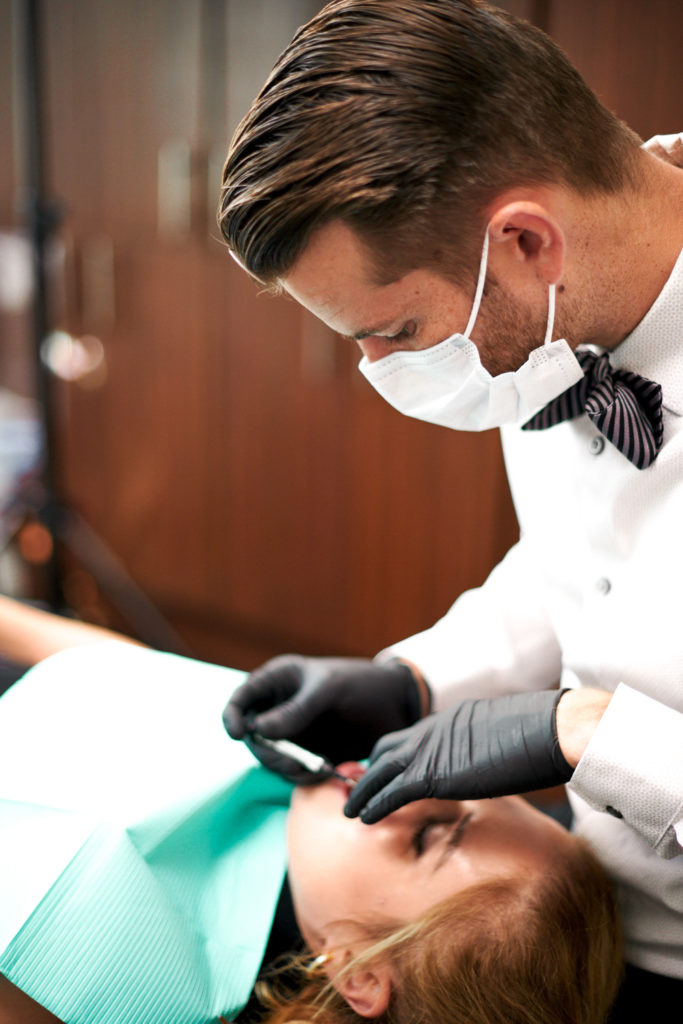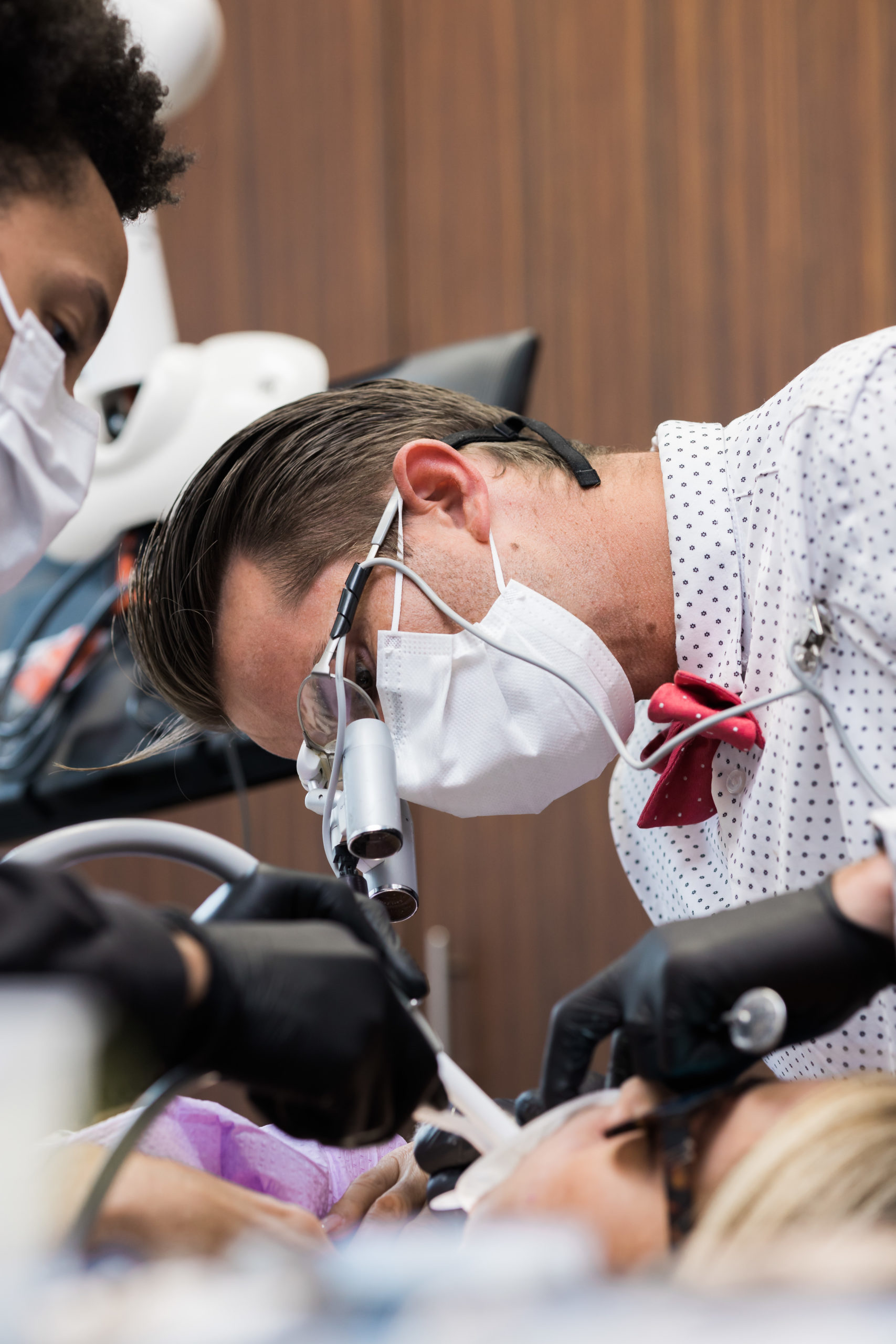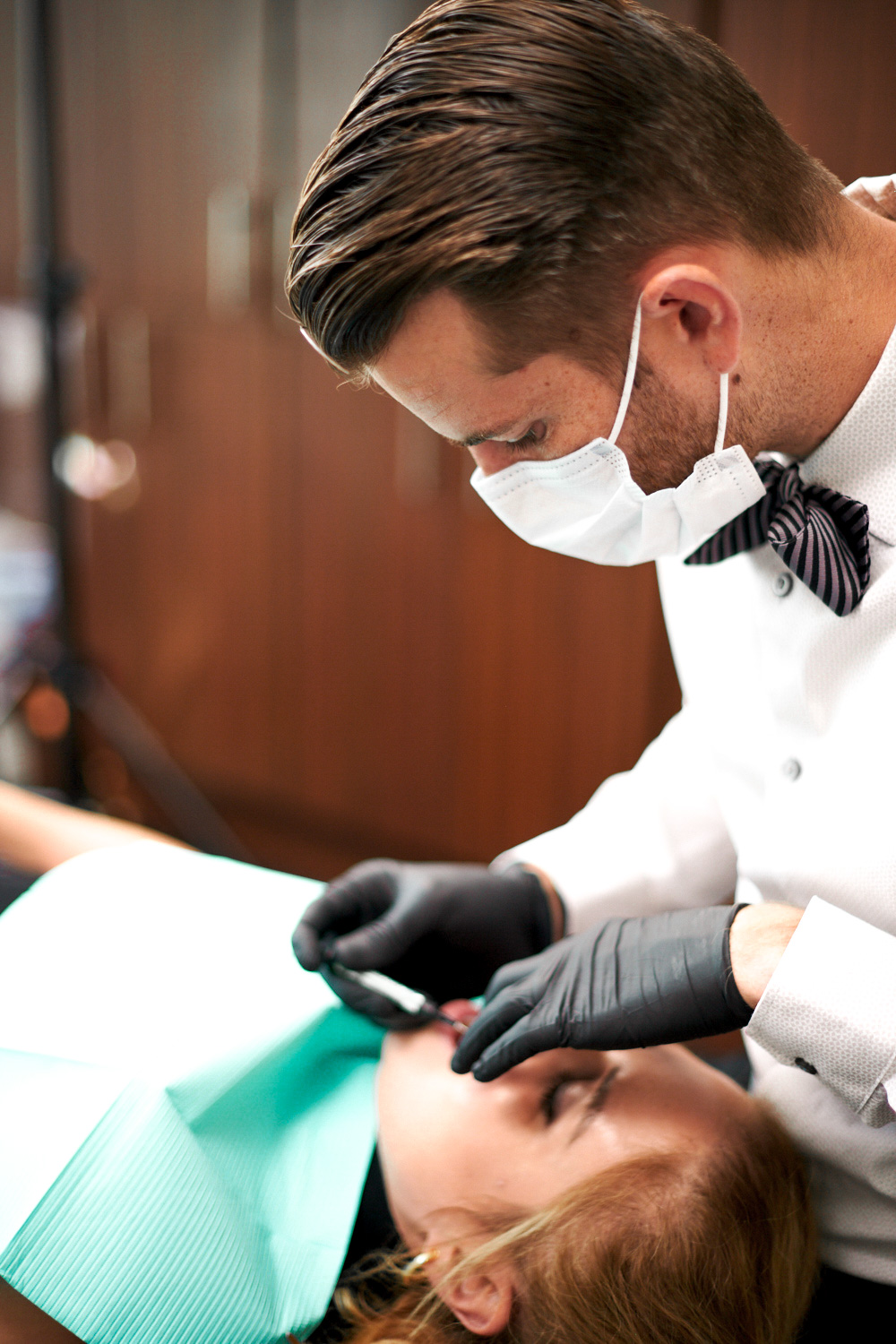Bad breath, or halitosis, is not just an embarrassing issue; it’s often a sign of deeper oral health problems. Various factors, from the foods we eat to the way we clean our teeth, can contribute to bad breath. Fortunately, with the right practices, it’s a manageable condition. Here’s how to get rid of bad breath with a holistic approach to oral hygiene.

Understanding the Causes of Bad Breath
Before diving into the solutions, it’s crucial to understand what leads to bad breath. At the heart of bad breath lies a microscopic menace: odor-causing bacteria. These bacteria are not just ordinary inhabitants of our mouths; they are the architects of the uncomfortable and often embarrassing issue of bad breath. Thriving in the warm, moist environment of the oral cavity, these bacteria feast on food particles and dead cells, producing volatile sulfur compounds (VSCs) as by-products. It’s these compounds, with their distinctively unpleasant odors, that are primarily responsible for the bad breath we experience.
The main volatile sulfur compounds include hydrogen sulfide, which has a rotten egg odor, and methyl mercaptan, reminiscent of rotten cabbage or feces. These odors are not just off-putting; they signal an imbalance in the mouth’s ecosystem and can indicate poor oral hygiene or underlying dental issues.
Battling the Bacteria to Get Rid of Bad Breath
Combating these odor-causing bacteria involves more than just masking their scent; it requires a proactive approach to oral hygiene. Regular brushing and flossing remove the food particles that these bacteria feed on, significantly reducing their numbers and the odors they produce. Employing a tongue scraper can also be particularly effective, as the tongue’s surface is a prime breeding ground for bacteria.
In addition to mechanical cleaning, staying hydrated plays a critical role in controlling bacteria. Saliva is nature’s mouthwash, constantly washing away food particles and bacteria, and neutralizing acids produced by bacteria that can lead to tooth decay and gum disease. Thus, ensuring adequate saliva production through good hydration is a simple yet effective strategy against bad breath.
Beyond Fresh Breath: The Battle Against Oral Bacteria
Understanding the role of odor-causing bacteria in bad breath illuminates the importance of comprehensive oral hygiene and regular dental checkups. These practices not only keep bad breath at bay but also contribute to overall oral health, preventing tooth decay, gum disease, and other conditions that can exacerbate halitosis. So, the next time you reach for your toothbrush, remember that you’re not just cleaning your teeth—you’re fighting back against the tiny culprits of bad breath.
Of course, there are more methods than just brushing your teeth to get rid of bad breath. Let’s dive into 11 methods you can incorporate into your routine to combat bad breath.

How To Get Rid of Bad Breath: 11 Ways to Enhance Your Routine for Fresh Breath
Regular Dental Visits
Scheduling regular dental checkups is crucial for maintaining optimal oral health. These visits allow your dentist to perform professional cleanings, removing plaque and tartar buildup that can lead to bad breath. Additionally, your dentist can identify and treat gum disease, tooth decay, and other conditions that might be the root cause of your bad breath.
Electric vs. Manual Toothbrush
The debate between electric and manual toothbrushes often centers on their effectiveness. Electric toothbrushes can provide a more thorough cleaning for some people, especially those with limited manual dexterity. They are designed to mimic the best brushing techniques, ensuring that plaque is efficiently removed from the teeth and gum line. Whether you choose an electric or manual toothbrush, the key is to brush twice a day for two minutes, ensuring all surfaces of the teeth and gums are cleaned.
Fluoride Toothpaste
The type of toothpaste plays a significant role in oral hygiene. Fluoride toothpaste works by strengthening the tooth enamel and making it more resistant to decay. Fluoride can also help remineralize areas where acid may have started to break down the tooth surface, preventing cavities and reducing the risk of tooth decay—common culprits behind bad breath.
Floss and Water Pik
Flossing daily is essential in removing food particles and plaque from between the teeth and under the gum line, areas your toothbrush can’t reach. A Water Pik, or water flosser, is an alternative that uses a stream of pulsating water to remove plaque and food particles. Both methods are effective in maintaining gum health and preventing conditions that contribute to bad breath.
Avoid Tobacco Products
Using tobacco products is a significant contributor to bad breath. Smoking or chewing tobacco not only leaves a lingering odor but also dries out the mouth, further exacerbating bad breath. Tobacco use can lead to gum disease, another primary source of bad breath. Quitting tobacco can dramatically improve oral health and the freshness of your breath.

Rinse with Antibacterial Mouthwash
Using an antibacterial mouthwash is a quick and effective way to combat bad breath. It can kill bacteria, reduce plaque, and temporarily mask bad odors. For the best results, opt for an alcohol-free formula, as alcohol can dry out your mouth, potentially making bad breath worse over time. Incorporate rinsing with mouthwash into your daily oral hygiene routine for an additional layer of freshness.
Tongue Scraper
A tongue scraper is a tool designed to clean the coating on the tongue’s surface, where bacteria that produce foul odors can thrive. Using a tongue scraper daily can help remove these bacteria, food debris, and dead cells, significantly improving breath quality. Even just using it before bed will significantly help get rid of bad breath.
Nightguard
If you grind your teeth at night, a nightguard may be beneficial. Grinding can lead to tooth damage and exacerbate conditions like gum disease, contributing to bad breath. A custom-fitted nightguard from your dentist can protect your teeth and help maintain fresh breath.
Drinking Water
Staying well-hydrated is essential for maintaining good oral health. Water helps in washing away food particles and bacteria in the mouth, reducing the risk of bad breath. Moreover, ensuring you drink plenty of water stimulates saliva production, which is nature’s way of cleansing the mouth and neutralizing the acids produced by plaque.
Diet and Health Conditions
What you eat affects the air you exhale. Foods like garlic and onions, for example, can contribute to bad breath. Moreover, certain diets, such as extremely low-carb diets, may cause the body to release ketones, which can make your breath smell. Additionally, health conditions like diabetes, GERD, and sinus infections can also lead to bad breath. Managing these conditions and being mindful of your diet can help improve breath odor.

The Benefits of Sugar-Free Gum
Chewing gum that is sugar-free is a handy solution for refreshing your breath on the go. It helps in two ways: by masking odors and more importantly, by stimulating saliva production. Increased saliva flow naturally cleanses the mouth, removing particles and bacteria that cause bad breath. Remember to choose sugar-free gum to prevent tooth decay.
Seeking Professional Help
In some cases, persistent bad breath could indicate a more severe condition, such as periodontal disease. Consulting with a dentist or periodontist can help diagnose and treat the underlying cause of bad breath, ensuring your oral health is in the best possible condition.
Remember, good oral hygiene practices, combined with regular dental checkups and addressing any underlying health conditions, are key to keeping your breath fresh and your mouth healthy. By incorporating these strategies and home remedies into your daily routine, you can effectively combat bad breath and boost your confidence.

Conclusion: How To Get Rid of Bad Breath
In conclusion, tackling bad breath requires a comprehensive approach that extends beyond mere surface solutions like mints or gum. It’s about building and maintaining a robust dental hygiene routine, making informed lifestyle choices, and being proactive about your overall health. From choosing the right toothbrush and toothpaste to understanding the impact of diet and hydration on oral health, every detail plays a crucial role in the battle against bad breath.
By committing to regular dental checkups, employing effective cleaning tools like floss and water piks, and being mindful of the foods you eat, you can ensure that your breath remains fresh and your mouth healthy. Remember, bad breath doesn’t have to be a persistent issue. With the right practices and professional guidance, you can achieve lasting freshness and confidence in your oral health.






